Tibetan Buddhism
Classic teachings of Buddhism in the Tibetan lineage; contemporary takes on those teachings.
Latest Posts
View all posts in Venerable Thubten Chodron's teaching archive.
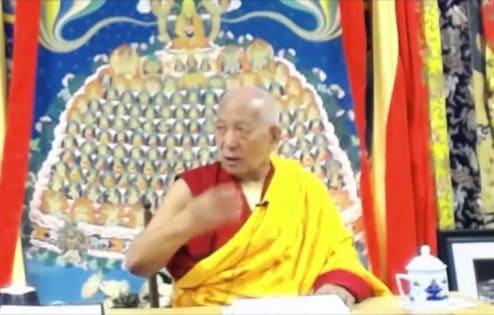
Chapter 12: Verses 277-278
Geshe Thabkhe answers questions on subtle impermanence, emptiness, and continues teachings on refuting the wrong…
View Post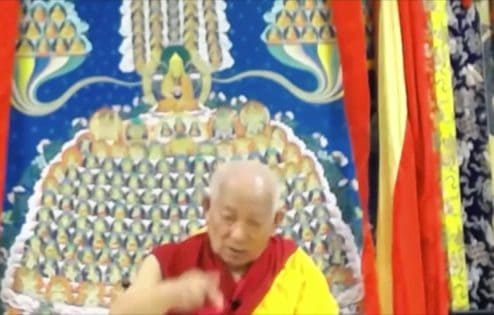
Chapters 11-12: Verses 275-277
Teachings on refuting the wrong views start with explaining the qualities of a proper Dharma…
View Post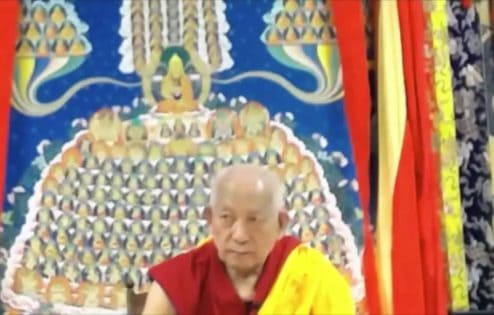
Chapter 11: Verses 266-274
Teachings on refutation of substantially existent duration and on impermanence.
View Post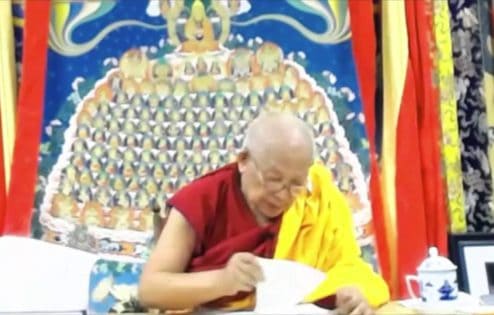
Chapter 11: Verses 259-265
Refutation of lower Buddhist schools’ view of permanent future phenomena.
View Post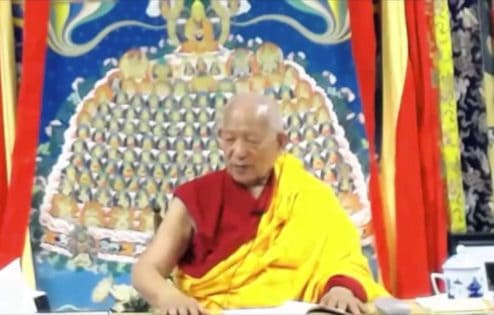
Chapter 11: Verses 251-258
Does time exist substantially? How do past, present, and future really exist?
View Post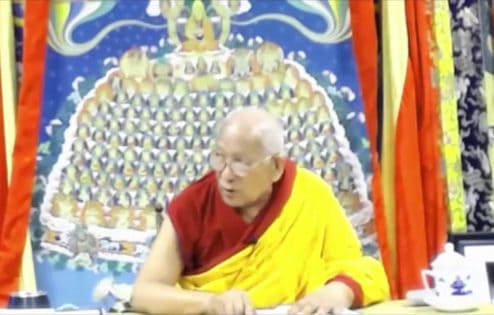
Chapter 10: Verses 247-250
Does selflessness mean nonexistence? How to avoid the two extremes of nihilism and eternalism and…
View Post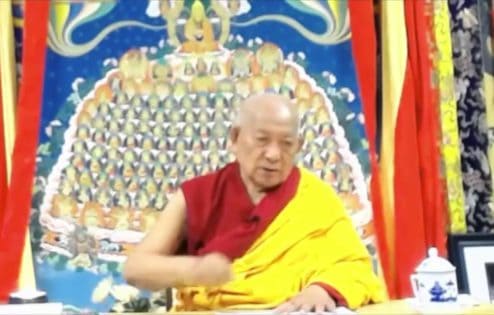
Chapter 10: Verses 238-246
Geshe Yeshe Thabke continues to challenge our instinctive view of the self as permanent and…
View Post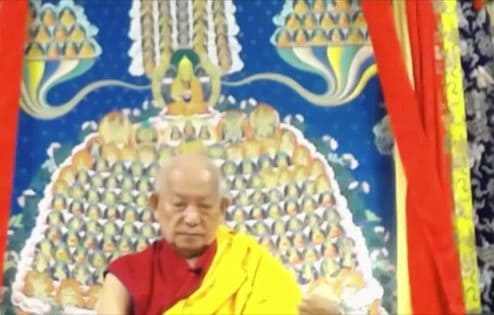
Chapter 10: Verses 226-228
Geshe Yeshe Thabkhe starts teaching on individual refutations of the self that is put forward…
View Post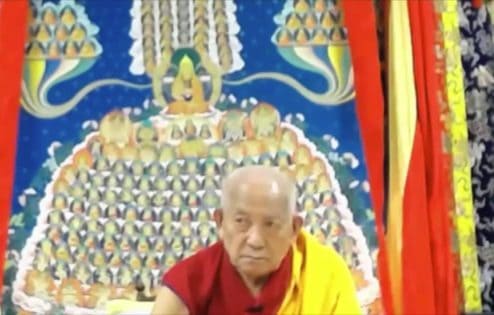
Chapter 10: Verses 229–237
Individual refutation of the self posited by non-Buddhist schools, in particular by Vaisesikas and Samkhyas.
View Post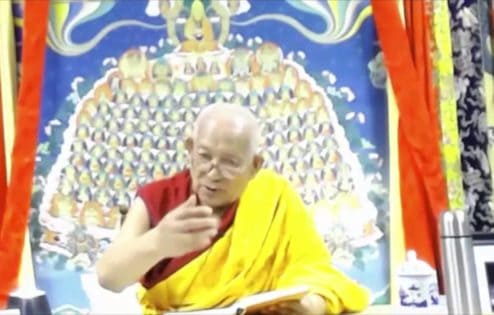
Chapter 9: Verses 219-225
Geshe Yeshe Thabkhe teaches verses refuting the existence of permanent partless particles and truly existent…
View Post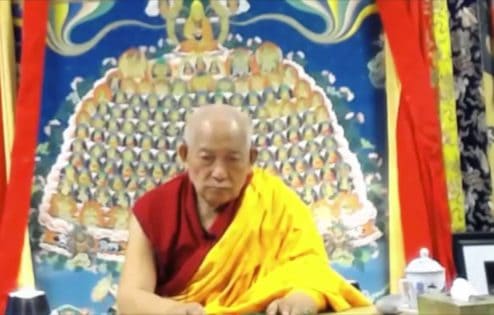
Chapter 9: Verses 212-218
Geshe Yeshe Thabkhe teaches verses refuting the existence of permanent functional phenomena like partless particles.
View Post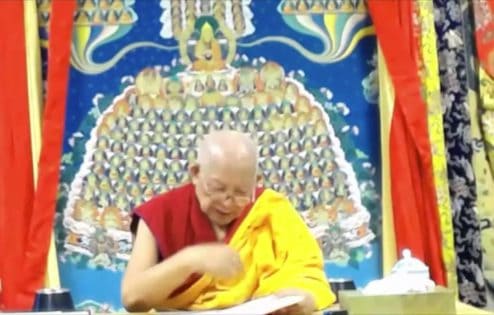
Chapter 9: Verses 202-211
Geshe Yeshe Thabkhe continues teaching on refuting permanent personal self, uncompounded space, and permanent time.
View Post